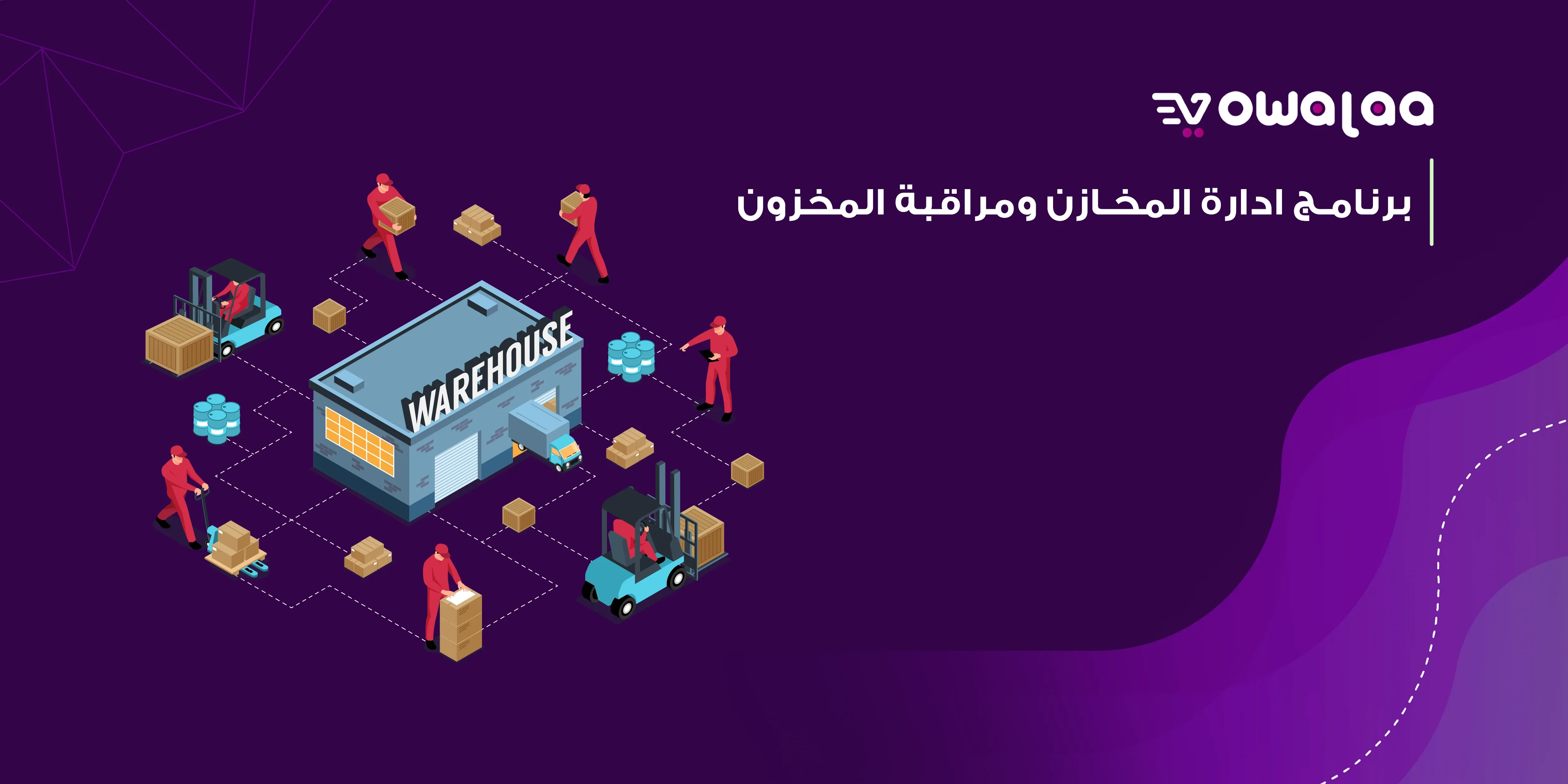.webp)
Enterprise Resource Planning (ERP) System (Comprehensive Guide)
In the contemporary business world, information technology and software systems have become crucial tools in improving companies' performance and increasing their efficiency. Among these important systems that have proven their worth in enhancing companies' operations is the Enterprise Resource Planning (ERP) system. This integrated system is used to organize and manage all the daily operational processes within a company, including planning, purchasing, sales, distribution, accounting, human resource management, and more.
The ERP system aims to unify the company's data and streamline internal processes, making it easier for companies to make strategic decisions based on accurate and real-time information. In this article, we will delve into understanding how the ERP system works and its importance for companies. We'll also review some of the benefits and challenges that companies may face when implementing this important system, along with providing some tips for successfully implementing an ERP system in the workplace.
What is Enterprise Resource Planning (ERP) System?
Enterprise Resource Planning (ERP) system is an integrated system designed to organize and coordinate all business operations within an enterprise. It is considered a vital tool for companies in the digital age, as it can improve efficiency and increase productivity by unifying their data and operations.
The ERP system includes a set of applications and modules that cover all aspects of business such as planning, human resource management, purchasing, sales, accounting, and more. It enables enterprises to manage information and operations in an integrated and coordinated manner, helping them make strategic decisions based on accurate and reliable data.
Thanks to its ability to unify processes and simplify management, an ERP system can help companies improve their efficiency, reduce costs, support expansion, and achieve organizational and strategic goals. Understanding the role of ERP system and its proper implementation can be a key factor in the success of companies in the modern economic environment.
Importance of Implementing ERP System in Modern Companies
The importance of implementing an Enterprise Resource Planning (ERP) system in modern companies goes beyond improving internal operations to encompass a range of core aspects:
- Data and Process Unification: ERP system contributes to unifying all company data and processes in one place, facilitating access, analysis, and use for strategic decision-making.
- Increased Efficiency and Productivity: ERP system simplifies processes and improves workflow, leading to increased efficiency and productivity in the company.
- Cost Reduction and Integration: ERP system can reduce administrative costs and improve integration between various departments of the company, helping achieve financial economies and goals.
- Enhanced Customer Experience: By improving production, delivery processes, and customer service, ERP system can enhance customer experience and satisfaction, leading to increased loyalty and revenues.
- Accelerated Decision-Making Process: ERP system provides important data and reports instantly, enabling company management to make quick and informed decisions based on accurate information.
How to Successfully Implement ERP System in the Workplace
Successfully implementing an Enterprise Resource Planning (ERP) system requires effective planning, organization, and execution. Here are some key steps to achieve that:
- Needs and Requirements Analysis: The company should first accurately identify its needs and operational requirements, understanding how ERP system can contribute to improving current processes.
- Choosing the Right System: Based on needs analysis, the company should select an ERP system that aligns with its goals and requirements. The system should be comprehensive and compatible with the company's operations.
- Planning and Implementation: A detailed implementation plan should be developed, including timelines, resources, and responsibilities. Employees should be trained to use the new system, and pilot processes should be identified to ensure effective implementation.
- Monitoring and Evaluation: Once the system is implemented, its performance should be monitored, and results should be evaluated regularly. This helps identify potential issues and improvements and ensures the continuity of effective operations.
- Integration with Company Operations: ERP system should integrate seamlessly with the company's other operations, such as inventory management, accounting, and customer management, to ensure coordination and coherence across all departments and processes.
- Continuous Improvement: The ERP system implementation should be an ongoing process of improvement and development. The company should strive to keep up with market changes and continuously improve processes to derive maximum benefit from the system.
Types of ERP Systems
Types of Enterprise Resource Planning (ERP) systems vary according to the needs and requirements of each company and the industry it operates in. Types of ERP systems include:
- Cloud ERP: Allows companies to access the system online without the need to install software on their devices. This type provides flexibility and easy access, making it suitable for small and medium-sized companies.
- On-Premises ERP: This type of ERP is installed on local computers in the enterprise, providing a high level of control and security. It is suitable for companies that require full customization of the system.
- Custom ERP: Designed specifically to meet the specific needs of a particular company or industry. Developing it requires significant resources, but it provides the highest level of customization and integration.
- Open Source ERP: This type relies on open-source software, allowing companies to modify and adapt it to their specific needs. This option is economical and suitable for startups and small businesses.
In conclusion, Enterprise Resource Planning (ERP) system is a vital element in improving companies' performance and increasing their efficiency. The ERP system provides integration and coordination among various departments of the company, making strategic decision-making and productivity improvement easier in general. Despite the challenges that companies may face when implementing an ERP system, the significant benefits make it a worthwhile investment. By understanding what ERP system is and the importance of implementing it correctly and effectively, companies can enhance their competitiveness and achieve sustainable success in the ever-changing and evolving business world. Therefore, companies should leverage the benefits of ERP system and invest in information technology to enhance their performance and achieve their future goals. Successfully implementing an ERP system can be a key factor in a company's success and achieving sustainable growth in the dynamic business environment.





.webp)
